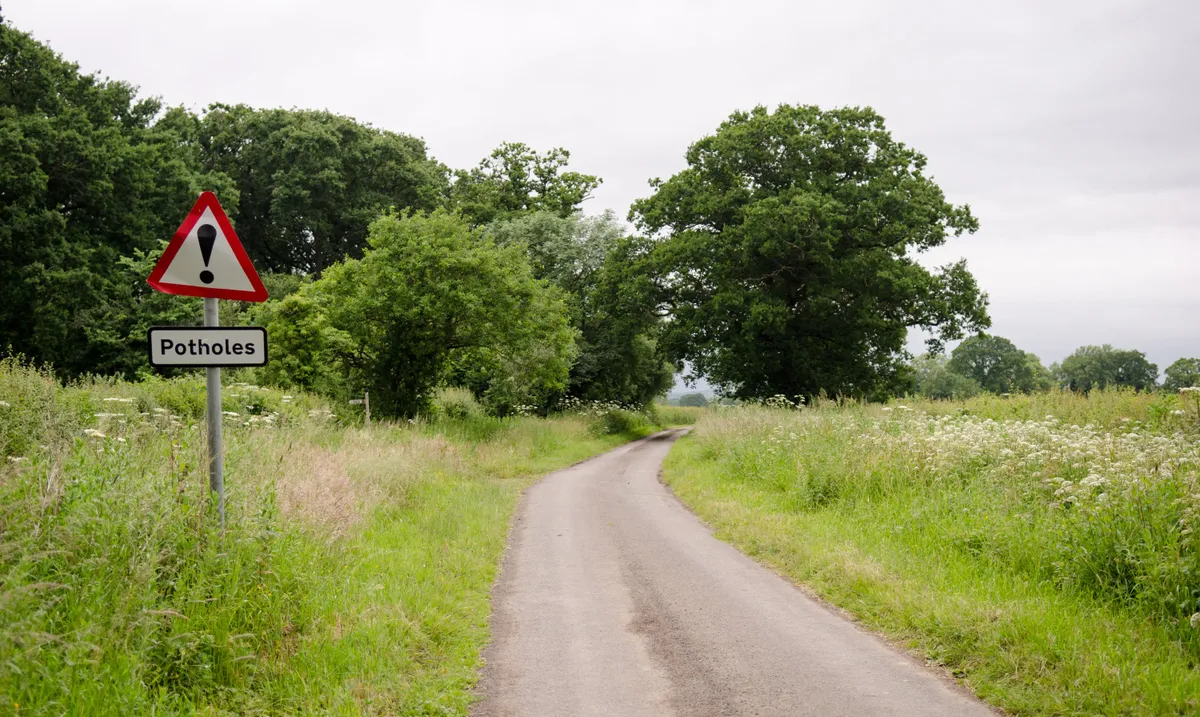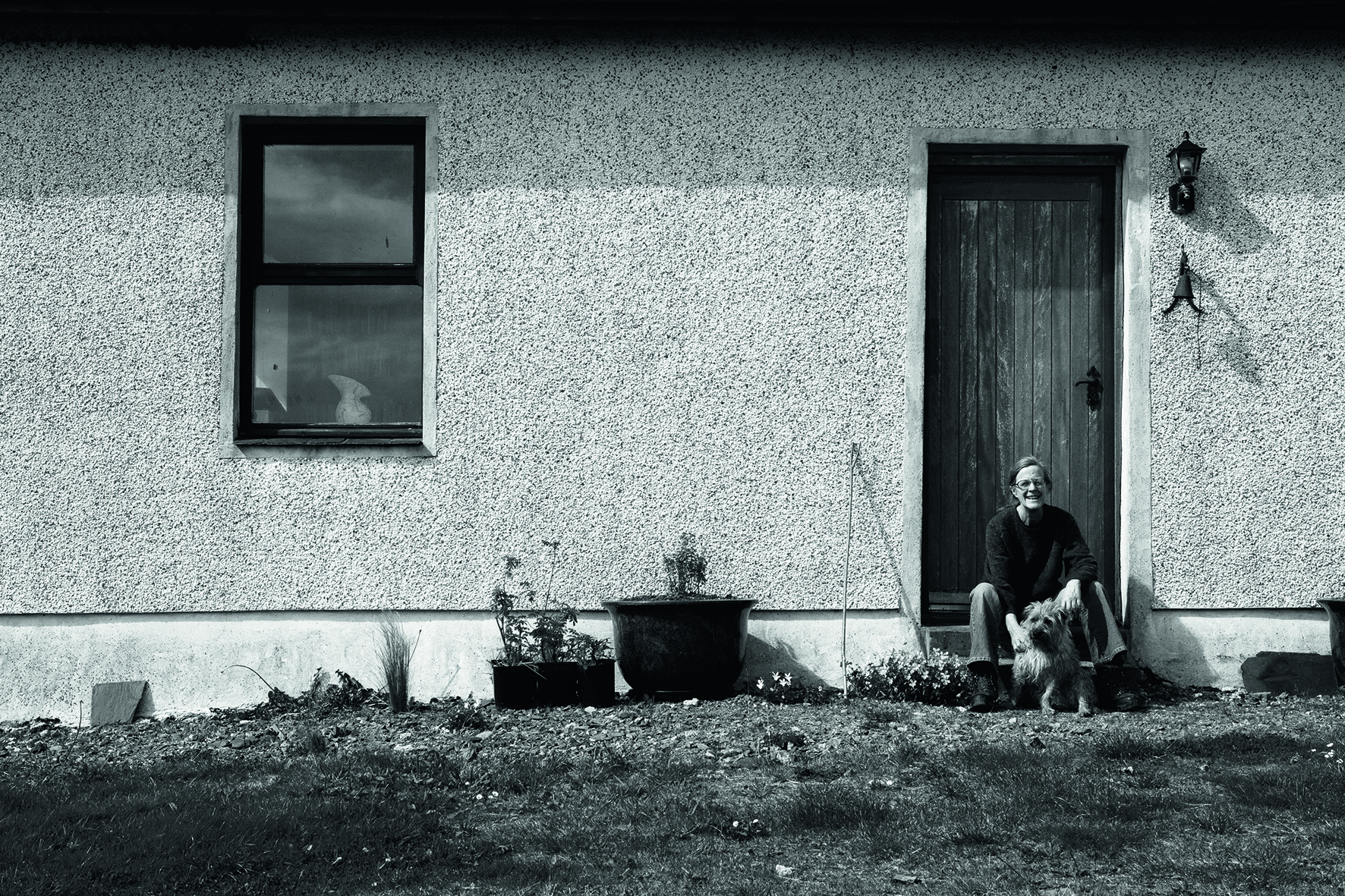You are in the pub (assuming there is still one open in your area) or a bus queue (assuming there are still buses in your area) and before long, someone will start to complain about potholes in the roads. It is a favourite rural grumble, a bit like overcrowded commuter trains are in more suburban places.
Pretty soon, there’s a good chance that someone will say: “It’s worse than a third-world country”. This is double-edged nonsense – because, relatively speaking, so many more miles of road in the UK are tarmacked than in any developing country. You can only have a proper pothole where you have a tarmac road. A pothole is not simply a puddle where the water lies on the surface of the road: it is a hole caused by breaks in the tarmac. For obvious reasons, this often leads to puddles, but they are not the same thing.
There are also a lot more cars. In the UK, there are about 38 million cars for 66 million people (a horrifying statistic if you think about it). In India, there are about 230 million cars, but over 1.3 billion people, and the 30 million people in Ghana own considerably fewer than a million cars. Potholes are caused by cracks and changes of level under the tarmac, but they are worsened by cars pressuring the surface and breaking up the edges of the cracks.

I live on a 13-mile stretch of single-track, mainly unfenced road – so there are frequently sheep and cows wandering on it. This road is never gritted, salted nor snow-ploughed even in the snowiest, iciest winters; it is sometimes flooded; there are several rough cattle-grids, but we have no pothole problem – simply because very few cars and even fewer heavy lorries use it, and all those that do have to drive slowly.
Popular complaint
I have come to the conclusion that potholes make a truly enjoyable social grumble.
In the first place, they are not actually very harmful, except to cyclists. Potholes can be really dangerous for cyclists – yet another reason why car drivers should give them more space. They are also bad for a car’s suspension, but there is a straightforward, and generally desirable, mitigation for this problem: drive more slowly, especially if there seem to be lots of puddles. (If they turn out to be puddles, pedestrians will thank you for not soaking them – and in all events, you will save money because the faster you go, the more fuel you use.)

In the second place, unlike most of the excitements of rural driving (drunken young men, demented lambs, zig-zagging hares, shedding silage trucks, neighbours gossiping from car windows, breaking down where there is no mobile signal and so on), potholes tend to stay still, so you can photograph them and compare yours competitively with other people’s. Search for “potholes UK” on Google Images if you doubt the boasting element here.
In the third place, they are someone else’s responsibility – the government, the council, “them” in general – not mine. Ask the grumblers, including yourself if you are one: “Do you want to pay more tax or do you want your ‘right’ to a smooth, instantly repaired road surface to take priority over, for instance, carers for our elderly or teachers for our primary schools?” (Road maintenance – except for motorways – comes out of local, not national, budgets.)
Potholes are precisely the sort of thing for the best grumbles – and there is no harm in that, so long as we all realise it.
